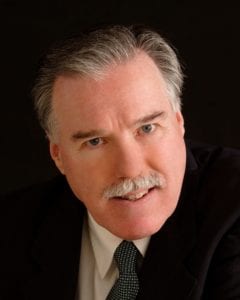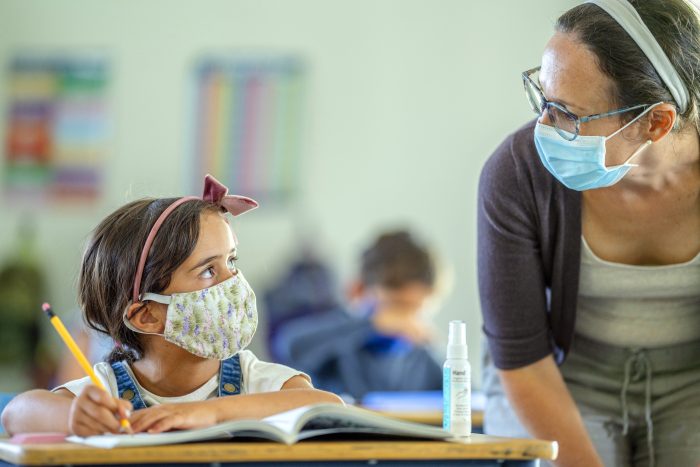By Thomas M. Cassidy

According to a new CNBC poll, Social Security is a top issue for most American voters, so let’s strengthen this vital program rather than water it down.
Social Security has provided essential economic support for Americans for almost 100 years. The program, which provides workers with inflation-protected retirement, disability and survivorship benefits, is a model for the world: It’s such an effective, efficient and easy-to-understand program that its principal features have been adopted by more than 170 countries.
Social Security is not a welfare program; it’s paid for by workers. For 2024, workers are taxed 12.4% on their income up to $168,600. If you work for someone, a 6.2% tax is taken out of your paycheck and your employer pays the other 6.2%. If you are self-employed, you pay the full 12.4% when you file your taxes. The more years you work, the more tax you pay and the higher your benefit.
However, the trustees of the Social Security trust fund estimate that Social Security will be able to pay 100% of scheduled benefits only until 2033, and “at that time, the fund’s reserves will become depleted and continuing program income will be sufficient to pay 79 percent of scheduled benefits.”
One proposed solution has been raising the full retirement age from 67 to 70. But that would hurt millennials and Gen Z workers and gain us only a few more years of solvency. Twenty-five or 30 years from now, monthly Social Security checks might be the only lifeline to keep retired workers from poverty. Keep in mind: People can’t work into their older years if artificial intelligence takes their jobs, and Goldman Sachs estimates that 25% of current work tasks could be automated by AI.
There is another solution.
Medicare and Medicaid programs have wasted trillions of taxpayer dollars since the beginning of this century, money that could have been used to fully fund the Social Security Trust Fund. For example, the Government Accountability Office estimates the combined Medicare and Medicaid programs paid out more than $100 billion in improper payments in 2023 alone.
As a former senior investigator for the New York State Attorney General’s Medicaid Fraud Control Unit, it’s disheartening to see that every year hundreds of billions of dollars are stolen from government health programs, especially knowing that the taxpayer money stolen from these essential, but dysfunctional, programs could keep Social Security on track.
President John F. Kennedy said, “One true measure of a nation is its success in fulfilling the promise of a better life for each of its members.” Fully funding Social Security will help us keep our promise for a better life for millennials, Gen Z and future generations of Americans.
Thomas M. Cassidy, an economist, is the creator of the TV series, Manhattan South, which is in development. (ktpgproductions.com)






